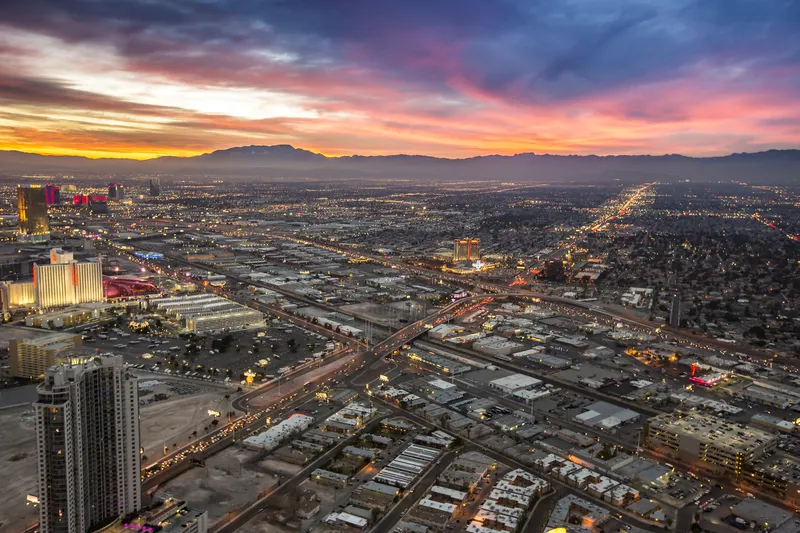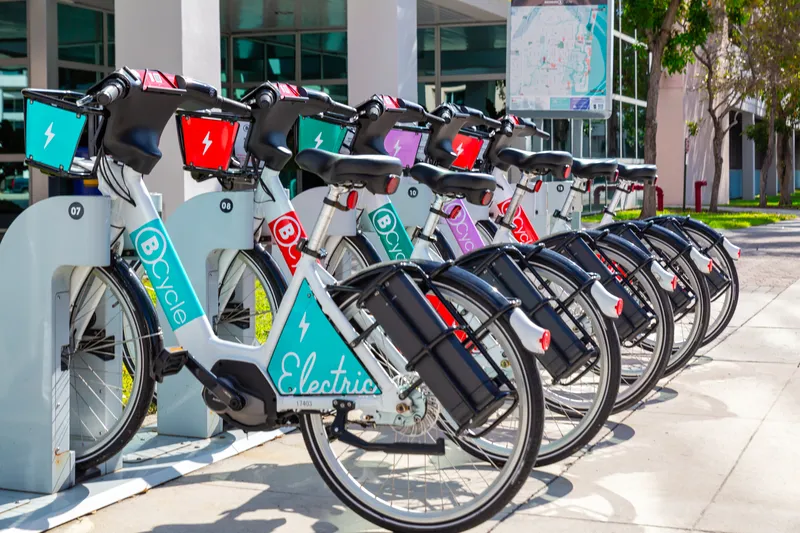
The Federal Transit Administration has given $150 million to Las Vegas for the Maryland Parkway Bus Rapid Transit project, which is expected to begin construction this summer.
The grant will provide nearly half of the funding needed for the project that will include enhanced transit shelters, hydrogen fuel cell electric buses, new pavement, upgraded/new traffic signals, landscaping, shared bus-bike lanes, upgraded pedestrian crossings and wider sidewalks.
The project, which will be completed in phases, is designed to improve mobility and safety for all users, including motorists, cyclists, pedestrians and transit customers. According to the Regional Transportation Commission of Southern Nevada (RTC), it is hoped that it will create a stronger sense of identity for Maryland Parkway, helping to expand redevelopment opportunities and attract future investment in the area.
The money was given to RTC, which oversees public transit, metropolitan planning, roadway funding, traffic management and the public bike share system, during a ceremony was held at the University of Nevada Transit Center, a 6,460-square-foot facility located south of Maryland Parkway and University Road.
The facility includes a large number of bike racks and an outdoor waiting area with shelter canopies. Centennial Express buses provide a direct link to the RTC’s main transit hub, the Bonneville Transit Center in downtown Las Vegas, where riders can connect to other routes serving destinations across the valley.
As a vital corridor for the Las Vegas Valley, the Maryland Parkway Bus Rapid Transit project extends more than 13 miles and includes many major destinations and employment centres, including the Harry Reid International Airport, the University of Nevada, Boulevard Mall, Sunrise Hospital and Las Vegas Medical District.
“While Las Vegas is normally thought of as a tourist mecca, we know that thousands of Nevadans depend on transit to move them around this growing, thriving city,” said Veronica Vanterpool, FTA acting administrator. “The faster, more reliable, more convenient service provided by bus rapid transit has created an economic boost for communities across the country. We know it will bring that same impact to workers, students and others who call Las Vegas home.”
The Maryland Parkway Bus Rapid Transit project is expected to break ground later this summer and be complete in 2026. Service on the corridor will be provided with 15 60-foot hydrogen fuel cell electric vehicles.








